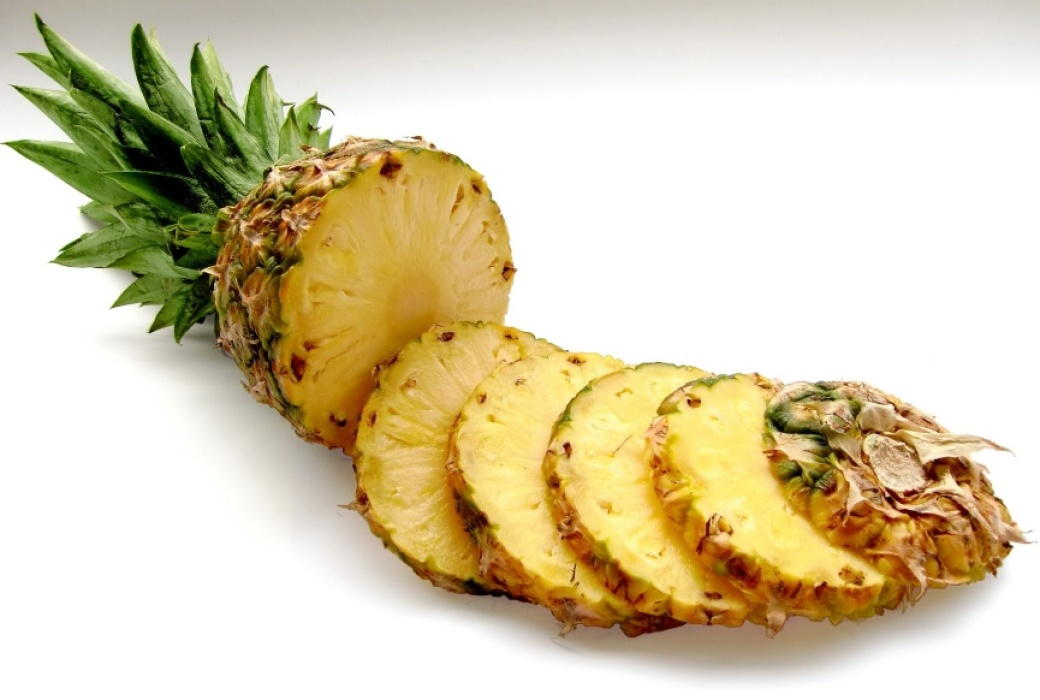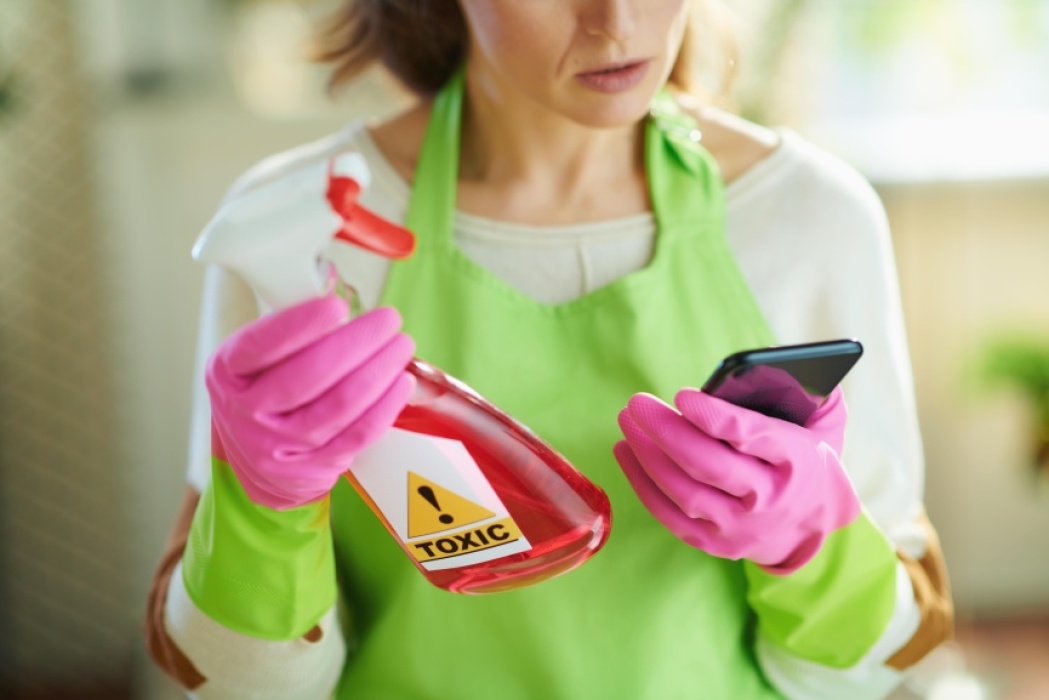What to do after IVF transfer?
What Now?
You've worked so hard to get to transfer, now what do you do? The days after transfer when you are waiting for test day can be long and stressful. What can I do? What can't I do?
Here are some evidence based tips from our seasoned fertility guides.
Eat Pineapple?!

Pineapple?! For years, people have eaten pineapple after transfer. The question is why. It comes down to an enzyme called bromelain.
The thought is that the bromelain, mainly found in the central core of the pineapple, decreases inflammation and improves blood flow to the uterus, thereby helping with implantation.
Although there is no scientific evidence to show that it helps with implantation, it can’t hurt! And it’s delicious, especially grilled!
Can I exercise after IVF transfer?

Different fertility clinics have different recommendations, from total bedrest for 48 hours (!) to continue with your normal routine.
We have looked into the literature and found that a middle road has the best evidence behind it. Here's what we share with our coaching clients:
Try to slow down the pace of life after transfer and try to get plenty of rest. Give your body every chance to be at its strongest and healthiest so that it can nourish your child. Conception is more likely to happen if your body has enough energy to sustain a pregnancy (Martin et al., 2008).
You can enjoy gentle, low-impact exercises such as walking and the elliptical machine. Getting regular exercise may improve pregnancy rates in women with reproductive health problems (Mena et al., 2019, pg. 1).
If you can, do something that makes you happy. <3
Your situation may be different from the norm, so make sure to talk to your providers about what is best for your situation.
Continue to keep it clean!

Keeping chemical exposure down while preparing for and then going through IVF is important. It continues to be important after transfer as well. The first trimester is critically important for the development of your baby.
Below is some of the information we give our coaching clients.
Consider eating organic pasture-raised lean meats and poultry, organic dairy products, and organic fruits and vegetables.
Try avoiding using pesticides and herbicides around your home or cleaning and personal care products with harsh chemicals.
Visit the Environmental Working Group to find endocrine disrupting chemicals in self-care products and other household items.
We are here.

While there is no right path for everyone, listen to your body and your providers to make informed decisions throughout your fertility journey. If you are looking for a fertility guide that can listen, answer questions, offer evidence on the most successful ways forward, consider having a discovery call with us. We know it can be hard and we are here for you.
Schedule Discovery Call Schedule Coaching




